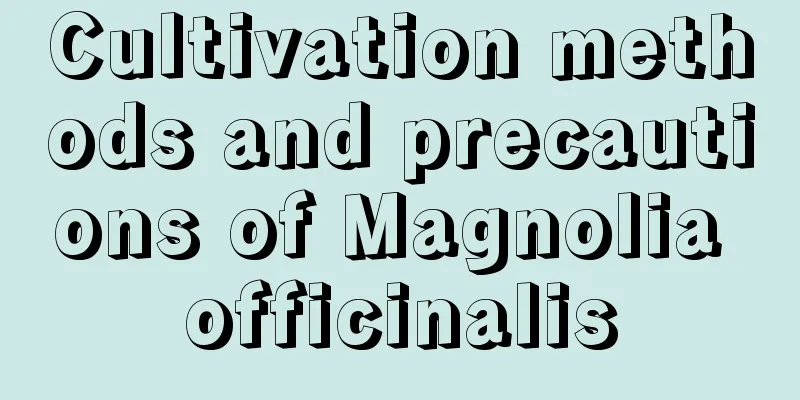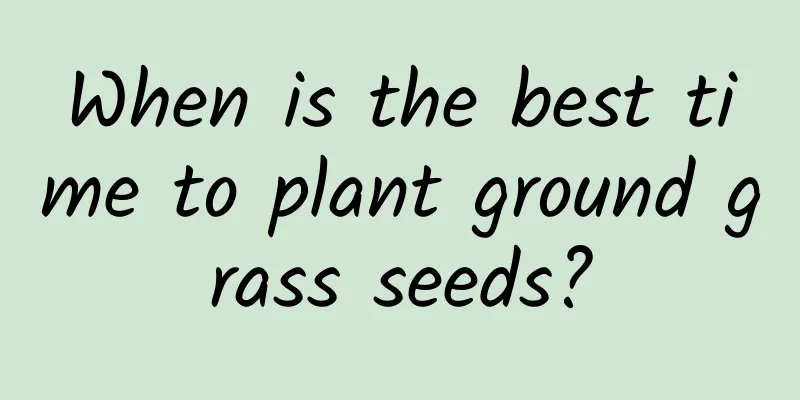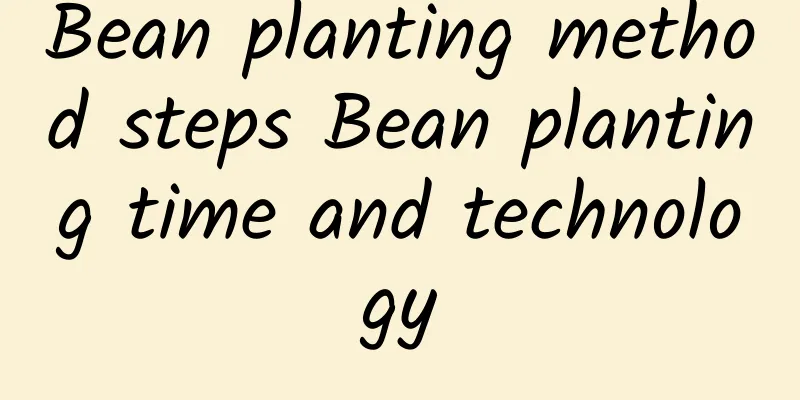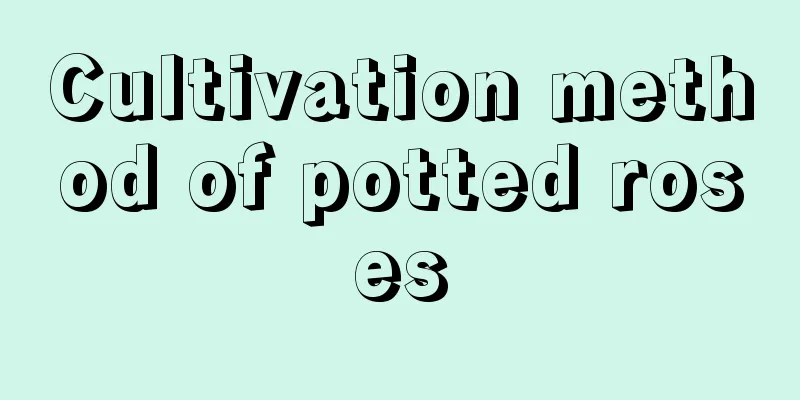Reasons for watering when fertilizing farmland

|
In the process of crop planting, fertilization and watering are very critical. Due to different crops, the methods of fertilization and watering are also different. Many crops are watered at the same time as fertilizer is applied, which helps improve fertilizer efficiency and crop yields. Below, the editor will introduce the reasons for watering when fertilizing farmland. Let’s take a look. 1. Reasons for watering when fertilizing farmland 1. Reduce the concentration of soil solution: Timely watering after fertilization can reduce the concentration of soil solution, making it close to or lower than the concentration of plant cell fluid, thereby preventing plant cells from losing water. 2. Promote the dissolution of inorganic salts: Inorganic salts must be dissolved in water before they can be absorbed by plant roots. Watering helps dissolve and diffuse inorganic salts in the soil and improves the utilization rate of fertilizers. 3. Improve the soil environment: Watering can also promote the activity of soil microorganisms, improve soil structure, and benefit the growth and development of plant roots. 2. Methods of fertilizing and watering farmland 1. Fertilizer flushing method Sprinkle the fertilizer into the irrigation ditch. After the fertilizer dissolves in the lower ditch, it flows into the field with the water and seeps into the soil around the crop roots. The fertilizer flushing method saves time and labor, has low labor intensity and is easy to operate. The fertilizer flushing method may cause the loss and waste of fertilizers. Some fertilizers may flow into places where fertilizers are not needed, or leak and be lost in ditches. 2. Drip irrigation fertilization method In the cultivation method of mulching and drip irrigation, fertilizer is dissolved in water and applied through the drip irrigation system. The fertilizer in drip irrigation method has almost no volatility and loss, is concentrated and has a low concentration, is safe and efficient, and saves labor and effort. It is suitable for areas with a high degree of agricultural modernization, and can provide comprehensive irrigation and save water resources. 3. Combined fertigation Apply fertilizer while irrigating so that the fertilizer is incorporated into the soil along with the water. Combining fertigation with irrigation can improve fertilizer utilization, reduce fertilizer loss, and meet the crop's needs for water and nutrients. 4. Traditional watering and fertilization method Fertilize first and then water, or fertilize and water at the same time. Watering should be done in moderation to avoid waterlogging in the soil, which would affect the respiration of the plant roots. Fertilization should be carried out according to the growth needs of crops and soil conditions to avoid excessive fertilization leading to excessive concentration of soil solution. The above is the reason for watering when fertilizing farmland. Watering after fertilizing farmland is to reduce the concentration of soil solution and prevent plant cells from losing water. At the same time, it promotes the dissolution and diffusion of inorganic salts, improves the soil environment, and provides good conditions for the growth of crops.
|
<<: How to grow baby's breath in winter
>>: Can onions be planted directly after they sprout?
Recommend
How to prune lilac
Pruning method of lilac: single trunk small tree ...
Is red lycoris toxic?
1. Is it toxic? Red spider lily is the red spider...
How to grow money tree quickly
1. Suitable soil Be careful when choosing soil fo...
Should I use a large or small pot for my rubber tree?
Should I use a large or small pot for my rubber t...
How to cut dragon fruit, dragon fruit cutting method
1. How to cut There are basically two ways to cut...
What flowers are suitable for growing in Hengyang? What are the city flowers and trees?
1. Climate characteristics of Hengyang Hengyang h...
Cultivation methods and precautions of Babaoshu
1. Soil It is best to use sandy soil with strong ...
Can water lilies be grown in water?
Can water lilies be grown in pure water? Answer: ...
Key points of strawberry growth control technology
1. Purpose of controlling prosperity During the g...
How to graft peach trees (time + diagram)
Peach trees are highly adaptable and can grow in ...
How to plant hanging baby's breath
1. Planting method 1. How to plant We first put t...
Flower language and meaning of Dendrobium officinale
Flower language and meaning Its flower language i...
What does 21 roses mean?
1. Meaning of Representative 21 roses represent t...
Cultivation methods and precautions of fortune tree
1. Temperature The money tree likes a warm enviro...
How often should I water Monstera?
How often should I water Monstera? The temperatur...









